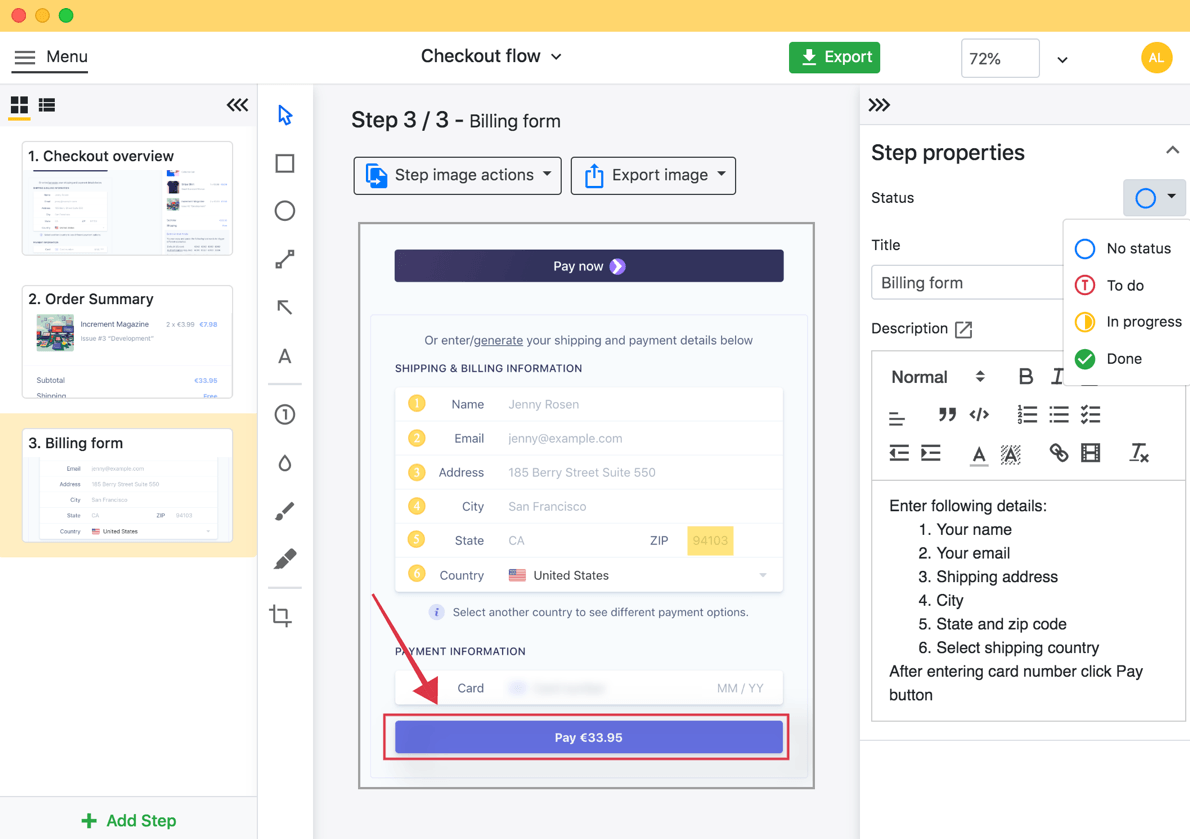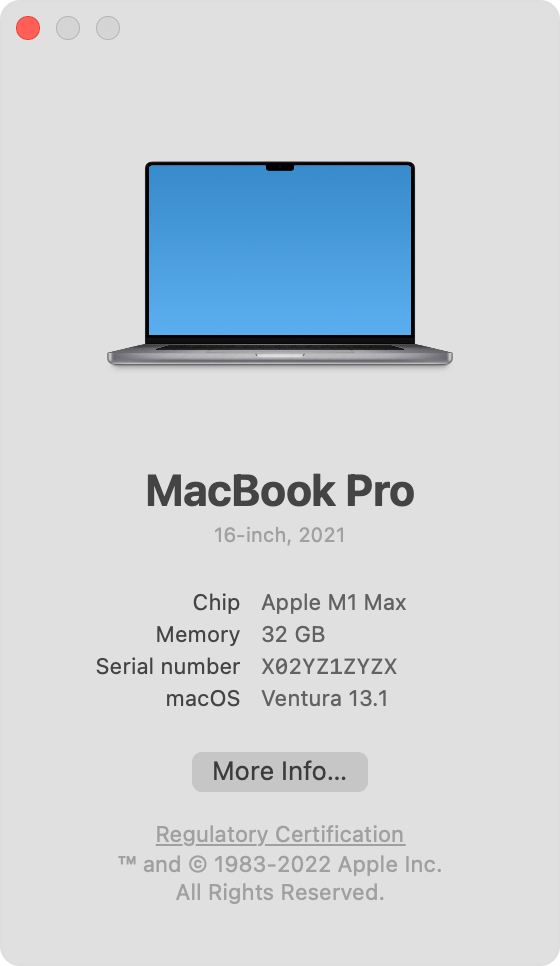Do you know how to write technical documentation?
If not, you're in luck. This guide will break down how to write technical documentation, so you can produce high-value documents that accelerate productivity and reduce the need for support.
Technical documentation provides a clear and concise description of the code, algorithms, and processes used in the software. It also serves as a valuable resource for troubleshooting and understanding the codebase.
With the support of technical documentation, team members can successfully navigate the complexities of the code and make the necessary changes.
Technical documentation is also a valuable asset for new team members. It can help them quickly ramp up and get productive with the codebase.
There are many different tools available for writing technical documentation. But not all of them are created equal. Some are better suited for specific types of projects, while others offer more features and flexibility.
How To Write Technical Documentation (10 Tips)
To get started, here are 10 tips for writing technical documentation:
1 - Use Simple Language
When writing documentation, it's important to use language that can be understood by everyone on the team. Avoid using jargon or acronyms that not everyone will be familiar with.
2 - Be Concise
It's also important to be concise in your writing. Documentation should be clear and to the point. Avoid adding unnecessary details or going off on tangents.
3 - Use Templates
There are many different templates available for technical documentation. Choose a template that's well suited for your project and team's needs.
4 - Add Visuals
Visuals can be very helpful in technical documentation. They can help explain complex concepts and make it easier to find the information you're looking for.
5 - Keep It Up To Date
Technical documentation can quickly become outdated if it's not kept up to date. Make sure to regularly review and update your documentation as changes are made to the codebase.
6 - Use The Right Tools
There are many different tools available for writing and managing technical documentation. Choose the right tool for your project and team's needs.
7 - Host It In A Centralized Location
It's important to host your documentation in a centralized location where it can be easily accessed by everyone on the team. A wiki or documentation management system can be a good option.
8 - Make It Searchable
Make sure your documentation is searchable so team members can easily find the information they're looking for. Add indexing and tagging to make it as easy as possible to find what you need.
9 - Use Version Control
If you're working with a team, it's important to use version control for your documentation. This will allow you to track changes and manage different versions of your docs.
10 - Get Feedback
Finally, don't forget to get feedback from your team on your documentation. Ask for input on what could be improved or changed. Use this feedback to make necessary changes and improve the quality of your docs.
By following these tips, you can produce high-quality documentation that accelerates productivity, encourages self-service, and reduces the need for support.
Writing Technical Documentation (3 Common Mistakes)
When writing technical documentation, it's important to avoid making common mistakes. Here are three mistakes to avoid:
1 - Not Getting Feedback
One of the most common mistakes is not getting feedback from your team. It's important to get input from others on what could be improved or changed in your documentation. Use this feedback to make necessary changes and improve the quality of your documentation.
2 - Failing To Update The Content
Another common mistake is failing to update the content of your documentation. Technical documentation can quickly become outdated if it's not kept up to date. Make sure to regularly review and update your documentation as changes are made to the codebase.
3 - Not Using The Best Tools
Tools for creating step-by-step guides and visual tutorials are typically very useful for technical documentation. However, some teams don't use these tools to their full potential. Make sure you're using the best tools available to make your documentation as effective as possible.
Technical documentation plays a critical role in ensuring teams have the information they need to be productive. By following these tips, you can avoid common mistakes and produce high-quality documentation that benefits your entire team.

Looking for the best tool for writing technical documentation? Folge it is!
How To Write A Technical Document (Best Tool For 2026)
Self-service tools like Notion and Google Docs are popular choices for writing technical documentation. They're easy to use and offer a wide range of features.
But if you're looking for the best tool for writing technical documentation, look no further than Folge. This is a free and powerful desktop tool to create, manage and share your processes and knowledge.
As you work with your applications, you can utilize Folge to capture your workflow in real time. Folge automatically captures your work and takes screenshots on each mouse click. You can then annotate these screenshots to create a step-by-step guide or visual tutorial. When you're done, you can share your documentation with your team by exporting the content in a range of formats, including PDF, HTML, and Microsoft PowerPoint.
Technical Documentation Writing (How To Get Started)
Technical documentation writing doesn't have to be complicated. Leveraging a platform like Folge makes it easy to get started. You can quickly produce step-by-step guides and tutorials with screenshots. This will ensure your technical documentation is engaging and highly useful for readers. Nobody wants to trawl through bloated pages of boring text, so make sure your technical documentation is easy to follow and understand. After all, the faster readers can find what they're looking for, the better. Are you ready to get started? Download Folge for free today.
Related Resources
Continue learning about technical documentation:
Easily create top notch technical documentation and guides
🏆 Try and use Folge for free forever.
Download now



